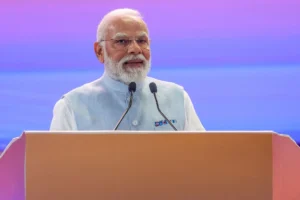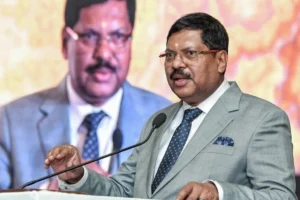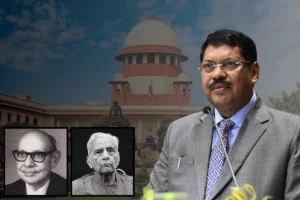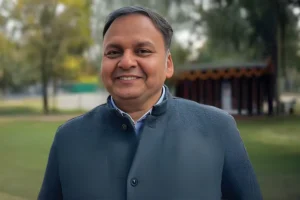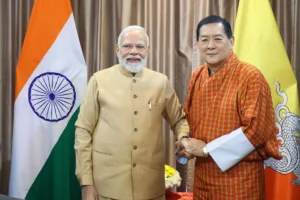
Manmohan Singh Backs Centre's Russia-Ukraine Stance
New Delhi: Former Prime Minister Manmohan Singh has praised India’s approach in the Russia-Ukraine conflict, stating that the country has prioritized its sovereign and economic interests while also advocating for peace. In an interview ahead of the G20 summit in Delhi, where world leaders are gathering, Dr. Singh also emphasized the importance of avoiding the use of foreign policy for domestic political purposes.
Dr. Manmohan Singh, who served as Prime Minister for two terms from 2004 to 2014 under the Congress-led UPA government, is among the leaders invited to a G20 dinner on Saturday.
Discussing India’s G20 presidency, Dr. Singh highlighted the increasing significance of foreign policy in domestic politics. He stressed the need for restraint in using diplomacy for partisan or personal political gains.
Dr. Singh also commended the Indian government’s handling of the Ukraine-Russia conflict, stating that India has made the right decision by prioritizing its sovereign and economic interests while appealing for peace. He emphasized that the G20 should focus on policy coordination related to climate change, inequality, and global trade rather than security conflicts.
Regarding India’s relationship with China and President Xi Jinping’s absence from the summit, Dr. Singh expressed hope that Prime Minister Narendra Modi would take necessary steps to protect India’s territorial integrity. However, he refrained from offering specific advice to the government.
Dr. Singh expressed optimism about India’s future as the country celebrates 75 years of independence but emphasized the importance of preserving its harmonious society and celebrating diversity.
He also praised India’s space agency ISRO for the successful moon landing of Chandrayaan, highlighting India’s achievements in promoting scientific temper and creating institutions.
Regarding economic challenges, Dr. Singh noted that India’s external trade significantly increased during his tenure, leading to poverty reduction. He emphasized the importance of maintaining a balance in trading relationships across nations and regions amid discussions of de-globalization and trade restrictions.
To read more such news, download Bharat Express news apps













